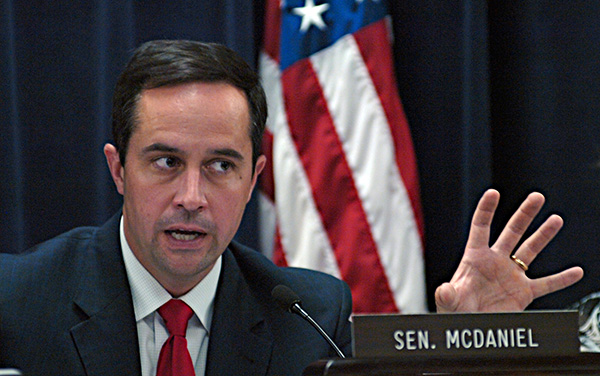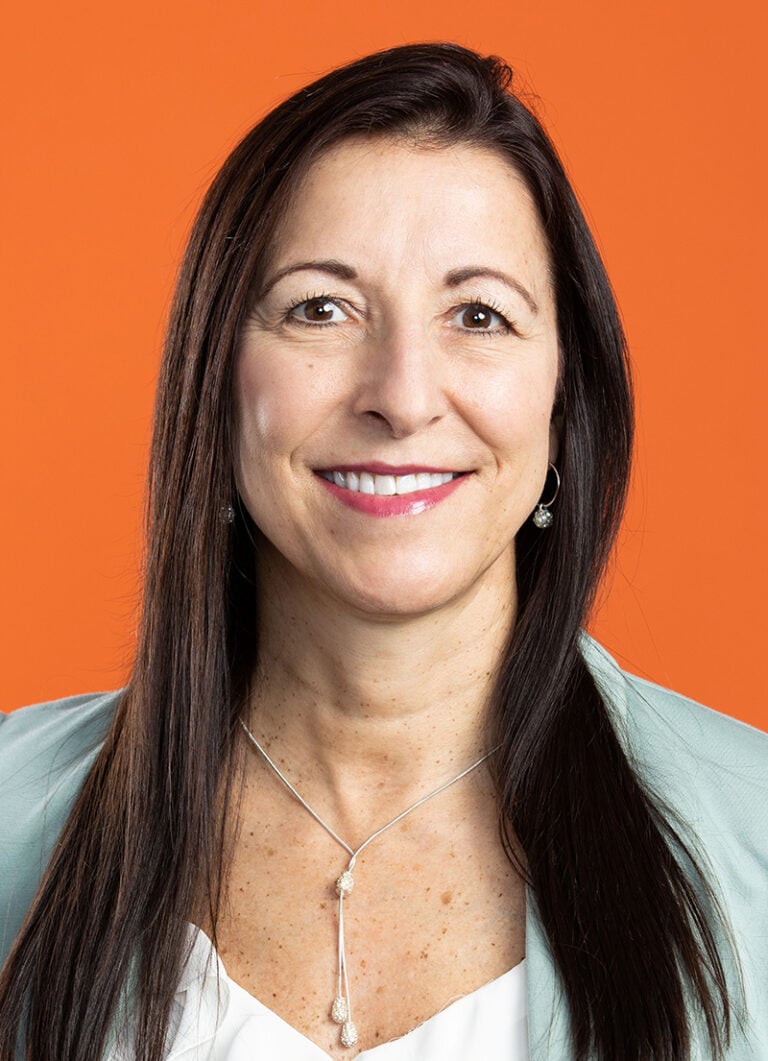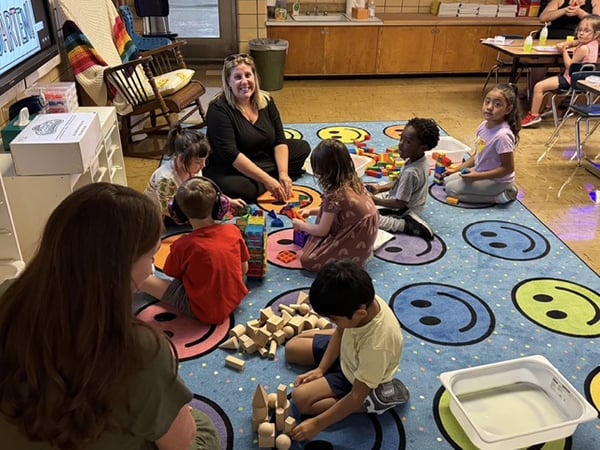
A state legislative committee overseeing the implementation of the recently passed anti-heroin law heard testimony about the more controversial provisions of the plan designed to get addicts treatment instead of time behind bars.
The purpose of committee is to look at issues arising from the new law and explore solutions so legislation to address those areas can be introduced in the 2016 General Assembly, said state Rep. Denver Butler (D-Louisville) who chaired today’s meeting.
“I know there are a lot of issues … but we want to hear them,” he said to the standing-room-only crowd gathered for the first of six meetings of the bipartisan committee. “We want to get the conversation started.”
The devastation heroin is creating in both rural and urban areas of Kentucky became evident as public health advocates, prosecutors, public defenders and justice cabinet officials discussed the challenges of implementing needle exchange programs, honoring the good Samaritan immunity clause and distributing money for drug treatment.
— Rep. Denver Butler, (D-Louisville)
Louisville public health officials’ interpretation of the needle exchange clause raised concerns among some legislators on the committee. Health officials from Kentucky’s largest city recently adopted a need-based needle distribution program where exchanging dirty needles is allowed by not required.
“An exchange, in the simplest sense of the word, is what we were thinking we were going to see,” said State Sen. Whitney Westerfield, R-Hopkinsville. “I feel like (the Louisville program) crosses the line to promoting or enabling more than a true exchange would.”
Wayne Crabtree, administrator of clinical services for Louisville Metro Public Health and Wellness, said if the goal is to decrease the spread of disease through the use of dirty needles, public health workers need to be able to hand out free needles without being required to collect a used one. The reason, he said, was many addicts share one needle.
“I want to make it clear we strongly encourage the return of the syringes they take,” Crabtree said. “It is part of our participants’ … responsibilities.”
Westerfield said not requiring an exchange of needles undermines another intent of the law – the reduction of citizens and police from being poked by dirty needles that have been randomly discarded.
“The needle sticks and the danger to the rest of the public is another concern I don’t want to ignore,” he said.
State Sen. Christian McDaniel (R-Taylor Mill) voiced similar concerns.
“I would be remiss if I didn’t say I have substantial concerns about the distribution of needles without an exchange,” he said. “Whether we envisioned a one-for-one exchange or maybe a one-for-something exchange, we all envisioned an exchange. We voted for an exchange.”
Kenton County Commonwealth’s Attorney Rob Sanders was one of two felony prosecutors who asked the legislators to consider repealing the good Samaritan provision, a clause that allows people to seek medical help for overdose victims without fear of facing possession or paraphernalia charges.
“Anytime legislators create immunity of any sort, I can’t describe for you the amount of litigation that results,” Sanders said. “There are always going to be people who hope to take advantage of that immunity situation.”
— Sen. Christian McDaniel (R-Taylor Mill)
Kentucky Public Advocate Edward C. Monahan urged lawmakers to wait and analyze the number of people and cases where immunity is granted before changing the law.
“I would suggest let’s get the data from this to see if this is saving lives that otherwise would not be saved,” he said. “That is what we all want.”
Butler said a question he is repeatedly asked from residents across Kentucky is when the additional money for drug treatment would become available.
Justice and Public Safety Secretary J. Michael Brown testified that his cabinet is overseeing the distribution of up to $10 million for the upcoming fiscal year for addiction treatment.
He said additional money for public defenders, prosecutors and jailers to spend on innovative outreach programs each group has developed for addicts they routinely encounter would begin being made available in July. Brown said other drug treatment programs would have to go through a lengthier grant process before being awarded any money.
The law also called for the state corrections department to purchase Vivitrol, a non-narcotic drug that blocks the effects of heroin. Brown said he has spoke with the drug maker and is working on training and education program before purchasing and distributing the drug.
Brown said he does not anticipate the establishment of a neonatal abstinence program, as the law also requires, for another fiscal year. He said it takes time to coordinate such a program with the medical establishment and train personnel in the highly specialized skills required for such an undertaking.
Butler said he hopes to form “working groups” to explore possible solutions to the issues brought up in the meeting. The next gathering of the committee will be on July 13 at the Grateful Life substance abuse treatment center in Erlanger.
From Legislative Research Commission

















